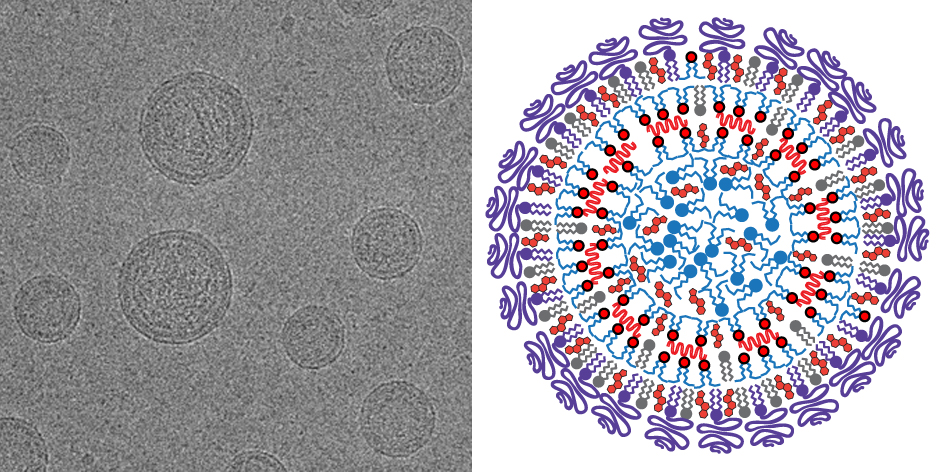Glycopolymer-Based Cell Surface Engineering to Enhance Immunomodulation and Prevent Immune Rejection in Organ Transplantation
Supervisor: Jayachandran N. Kizhakkedathu
Organ transplantation is life saving therapy. However, the potential this therapy is diminished by the rejection. Many thousands of patients are waiting for transplantation and the waiting list is growing day by day. Organs are damaged during the current procurement of organs, which lead to the poor performance of the transplanted organs and ultimately immune mediated rejection. Current treatments are suboptimal. Life-long immunosuppressants are required for all transplant patients to prevent the rejection; however, they have major side effects including infection, diabetics and cancer. The root cause of the delayed performance and rejection of the transplanted organs is the initial damage of blood vessel lining during organ procurement and preservation which exacerbated after transplantation. This initial damage recruit cells and proteins in our immune system upon transplantation, and causes massive damage to the organs which cannot be self-repaired. Based on our recent discoveries, we hypothesized that rebuilding the immunosuppressive blood vessel lining will prevent such injuries and could prevent organ rejection (both immediate and delayed). Thus in this project, we will develop a novel organ engineering therapy based on a polymer based cell surface modification. This is anticipated to inhibit the immune damage and thus will prevent organ rejection. We will study the mechanism of this therapeutic approach and apply this technique in the transplantation of arteries and kidneys as proof-of-concept. If successful, this new immune therapy approach will save millions of patients not only undergoing transplantation but also those undergoing surgeries to repair their damaged tissues. Importantly, the new therapy can be applied during the current clinical organ procurement and preservation protocols thus have significant translational potential. The new approach may also minimize or eliminate the use of immunosuppressants, thus increasing the health benefits.
Keywords: Immunomodulation, Biomaterials, Transplantation, Organ Engineering, Regenerative Medicine
Equipment: FT-IR, 1H-NMR, Flow Cytometry, Microplate Reader, GPC, Rotary Evaporator
Techniques: Polymerization, Click chemistry, Mammalian cell culture, Bioassays (viability, cytotoxicity, etc.)
URL: https://www.grad.ubc.ca/researcher/23433-rana
Md Mohosin Rana
Contact Information

- University of British Columbia
Department of Pathology and Laboratory Medicine - 2350 Health Sciences Mall,
Vancouver, V6T 1Z3 - Email: mohosin.rana@ubc.ca
- Home: 5874347368
- Membership#C253137
Biomaterial Highlight Of The Month
On the Formation and Morphology of Lipid Nanoparticles Containing Ionizable Cationic Lipids and siRNA
Kulkarni Jayesh

Read More
